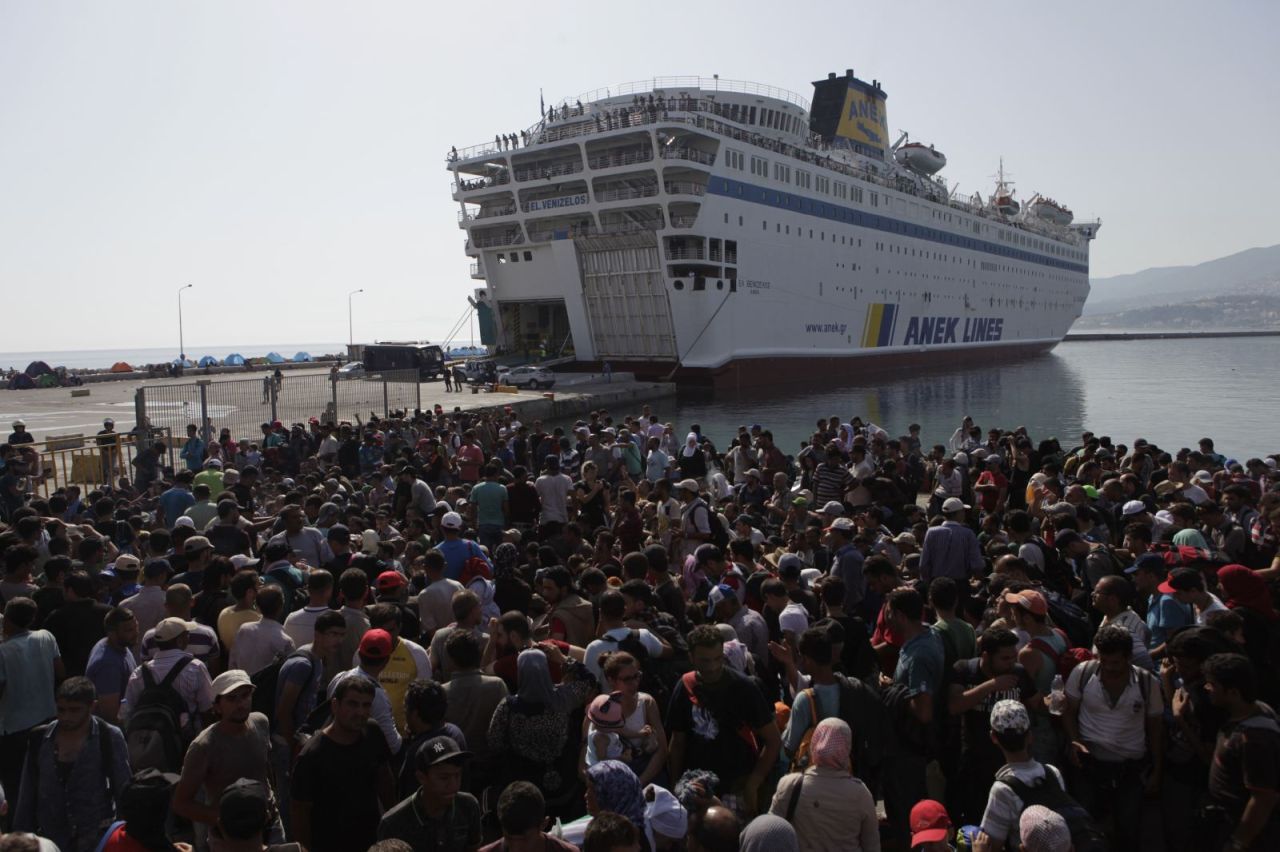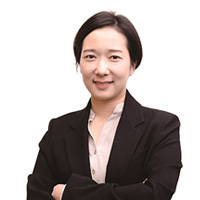Harry Chun shows how refugees strive to carry on their lives
By Park YunaPublished : June 17, 2020 - 18:08

South Korea is one of the few countries where ordinary people do not encounter refugee issues in their ordinary lives. Many people easily neglect the issues of how refugees around the world are desperately struggling to secure their lives -- although Koreans were once refugees during the Korean War in the early 1950s.
Independent photographer Harry Chun, who is now based in Korea, reminds us of how refugees on the other sides of the world are striving during the most devastating moments in their lives through his photographs.
The “World Refugee Day Photograph Exhibition,” displays around 60 of his photographs to commemorate the World Refugee Day on June 20 from Thursday to June 22 at Sejong Center in Seoul.
Chun, a 42-year-old photographer, who graduated from the Corcoran School of the Arts and Design at the George Washington University, started his career as a freelance photographer in 2007, witnessing numerous historic moments of refugees.
His photographs include that of the Rohingya community from 2017 to 2018, and Syrian refugees who are crossing the sea from Turkey to Greece to survive, which he photographed by accompanying them on their journey, risking his life.
“In fact, most people refuse to leave their homeland despite the daily perils, because it is their homeland with beloved friends, family and community,” Chun told The Korea Herald. “However, especially if you are parents, you do not want to raise your kids in a war-torn area, when it is impossible to get a proper education.”
What struck Chun while witnessing their lives for photographs was humanity that lives on during the “toughest part of their lives.” He points at the photograph of a woman who is still soaked and wet, changing a diaper of her baby after arriving at the shore.
“That is like the last thing that you will think about what people would do when you arrive on the other side after risking your life,” Chun said. “But the woman (in the photograph) just tells us: ‘no, life goes on.’ This is how I relate to the current situation in Korea with COVID-19. You have to continue with your life despite the abnormal situation.”
He also tried to break the stereotype toward refugees which prevails in many countries, including Korea which is still conservative about different ethnicities.
“Through their struggles to obtain safety and security for themselves and their families, the refugees may labor even more intensely in their new communities to demonstrate their perseverance and gratitude,” he said.
By Park Yuna (yunapark@heraldcorp.com)







![[Graphic News] More Koreans say they plan long-distance trips this year](http://res.heraldm.com/phpwas/restmb_idxmake.php?idx=644&simg=/content/image/2024/04/17/20240417050828_0.gif&u=)
![[KH Explains] Hyundai's full hybrid edge to pay off amid slow transition to pure EVs](http://res.heraldm.com/phpwas/restmb_idxmake.php?idx=644&simg=/content/image/2024/04/18/20240418050645_0.jpg&u=20240419100350)






![[From the Scene] Monks, Buddhists hail return of remains of Buddhas](http://res.heraldm.com/phpwas/restmb_idxmake.php?idx=652&simg=/content/image/2024/04/19/20240419050617_0.jpg&u=20240419175937)

![[KH Explains] Hyundai's full hybrid edge to pay off amid slow transition to pure EVs](http://res.heraldm.com/phpwas/restmb_idxmake.php?idx=652&simg=/content/image/2024/04/18/20240418050645_0.jpg&u=20240419100350)

![[Today’s K-pop] Illit drops debut single remix](http://res.heraldm.com/phpwas/restmb_idxmake.php?idx=642&simg=/content/image/2024/04/19/20240419050612_0.jpg&u=)